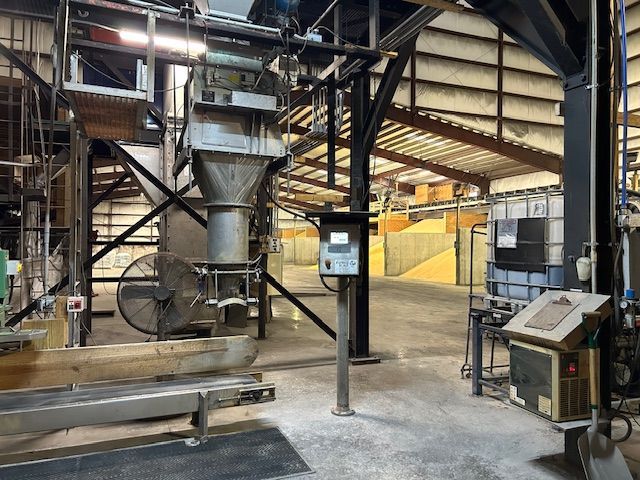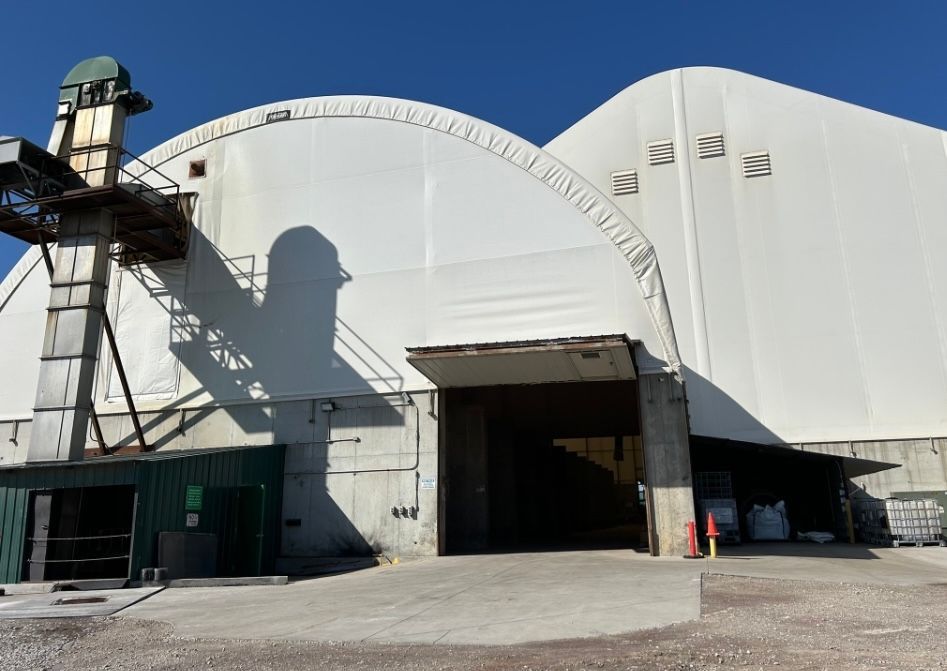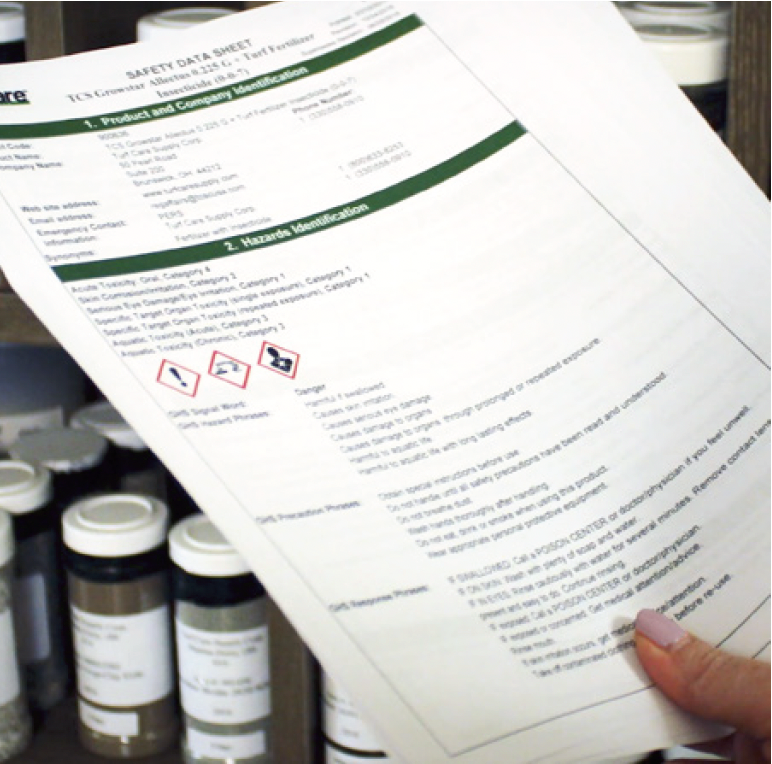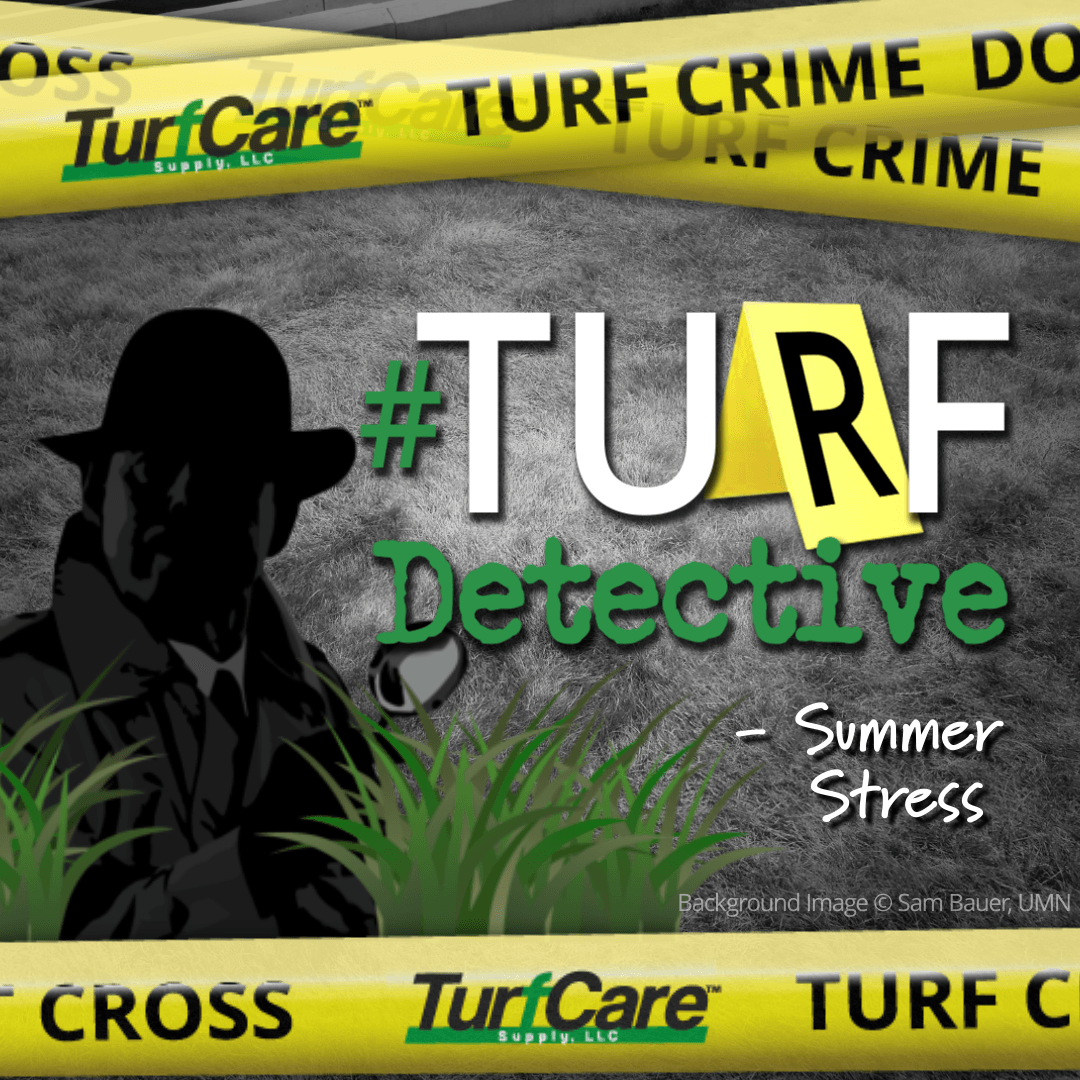Does Fertilizer Go Bad?
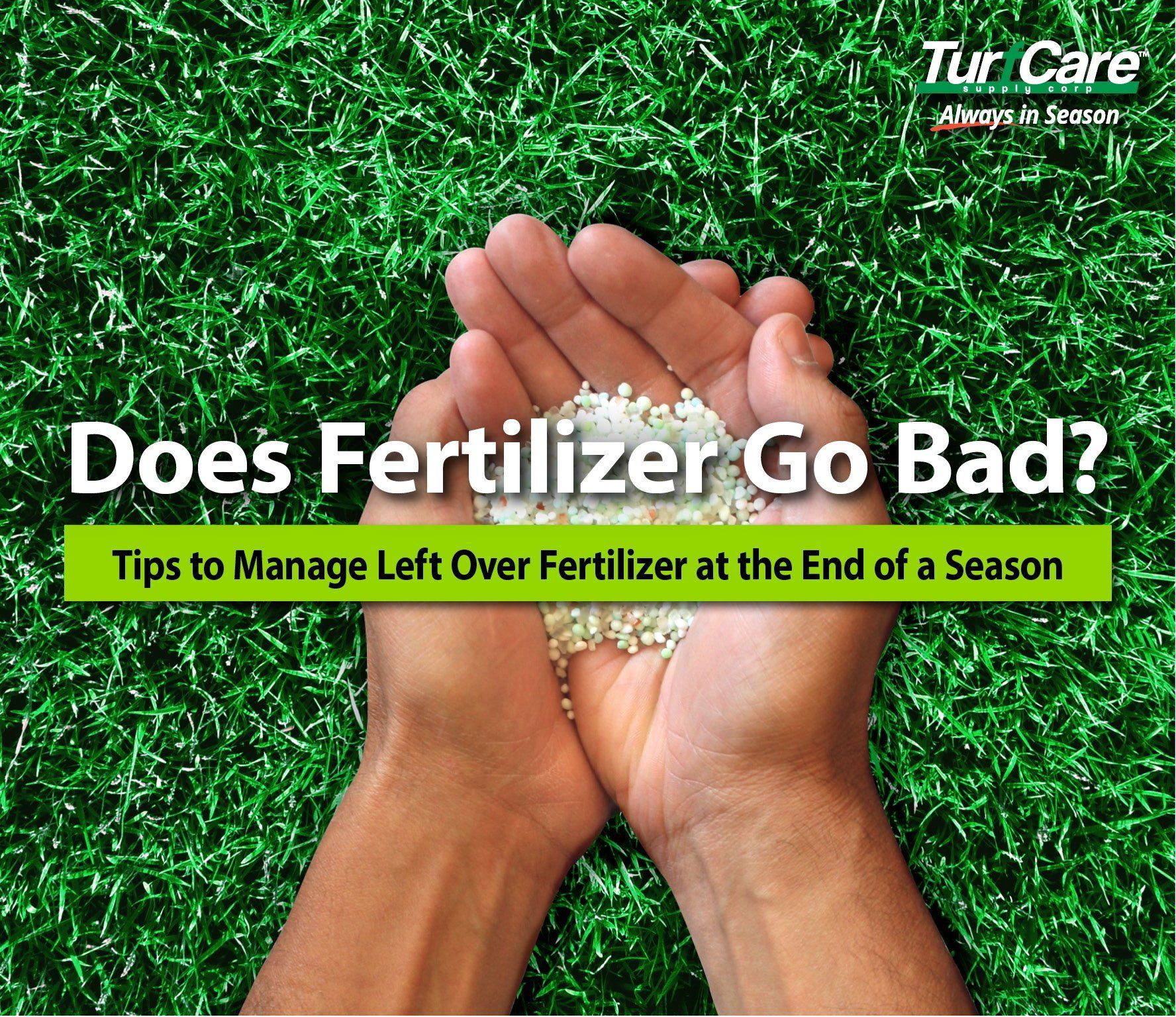
TIPS TO MANAGE LEFT OVER FERTILIZER AT THE END OF A SEASON
Did you ever wonder “Does fertilizer go bad?”. The general answer is no, fertilizer does not go bad if it is properly stored. Fertilizer is made up of a variety of natural minerals and elements that do not break down over time allowing you to store your unused fertilizer from year to year.
- NOTE: Generally, fertilizers with AI’s (active ingredients) found in weed and pest control products have a shelf life of only 1-4 years because a majority of pesticides and herbicides lose their potency over time.Check the product label for details.
Depending on the type of fertilizer (Granular or Liquid) you purchased will determine the life of your product. Granular fertilizer has an extensive life if stored properly. Liquid fertilizers can have a shelf life between 8-10 years if stored properly (refer to expiration date on product label or contact the manufacturer for more details since all products vary).
STORAGE TIPS
Proper storage is key in order to keep fertilizer effective from season to season. Here are a few tips for proper storage:
- Store in dry, cool, 100% shaded places
- Keep fertilizer in its original bag or liquid container so there is no confusion regarding product type, cautionary concerns or product use.
- Close bag securely, wrap in plastic or store in its tightly sealed plastic container to keep moisture out.
- Keep off the ground and store in a protected area away from food (i.e. shed, garage)
** When in doubt, refer to product label for proper storage instructions. *
TROUBLESHOOTING
Granular Clumping - You may discover that your lawn fertilizer has formed clumps after storage. Don’t be alarmed, this is natural tendency and it does not mean your fertilizer has lost its effectiveness. In humid conditions, fertilizer will absorb moisture from the air causing its particles to bond together, i.e. clumps. If you do find that your fertilizer has clumped, just break up the clumps before using it again.
- TIP: If you know you live in an area of high humidity, store fertilizer by closing the bag and putting it in a sealed plastic container.
Sediments in Liquid - Because of the way liquid fertilizer is created, the solids may settle to the bottom over time so be sure to shake/agitate the bottle prior to use for the new season.
For professional fertilizers, humic and AMP-XC™ enriched products available, please visit TurfCare’s online Product Catalog.
For green industry professionals or others interested in ordering Turfcare products, please contact our Customer Service to find a distributor near you.
The TURFReport Highlights:
Additional Articles and Insights

